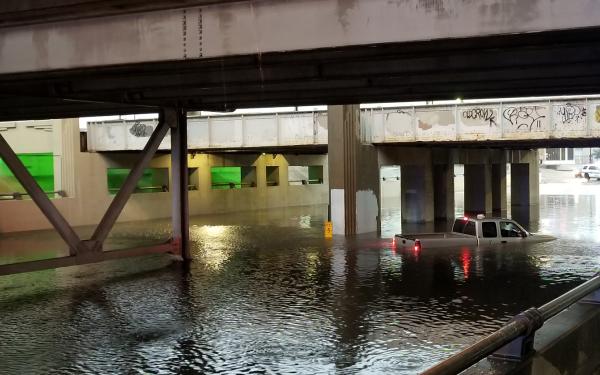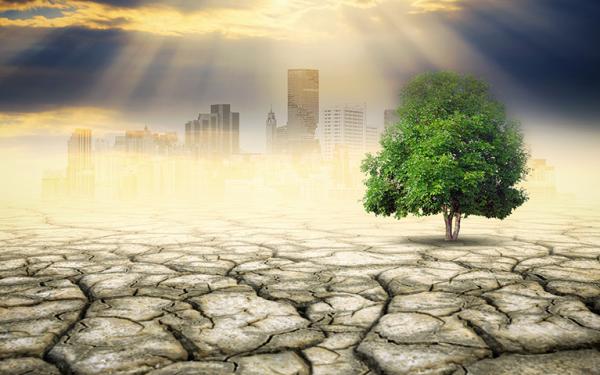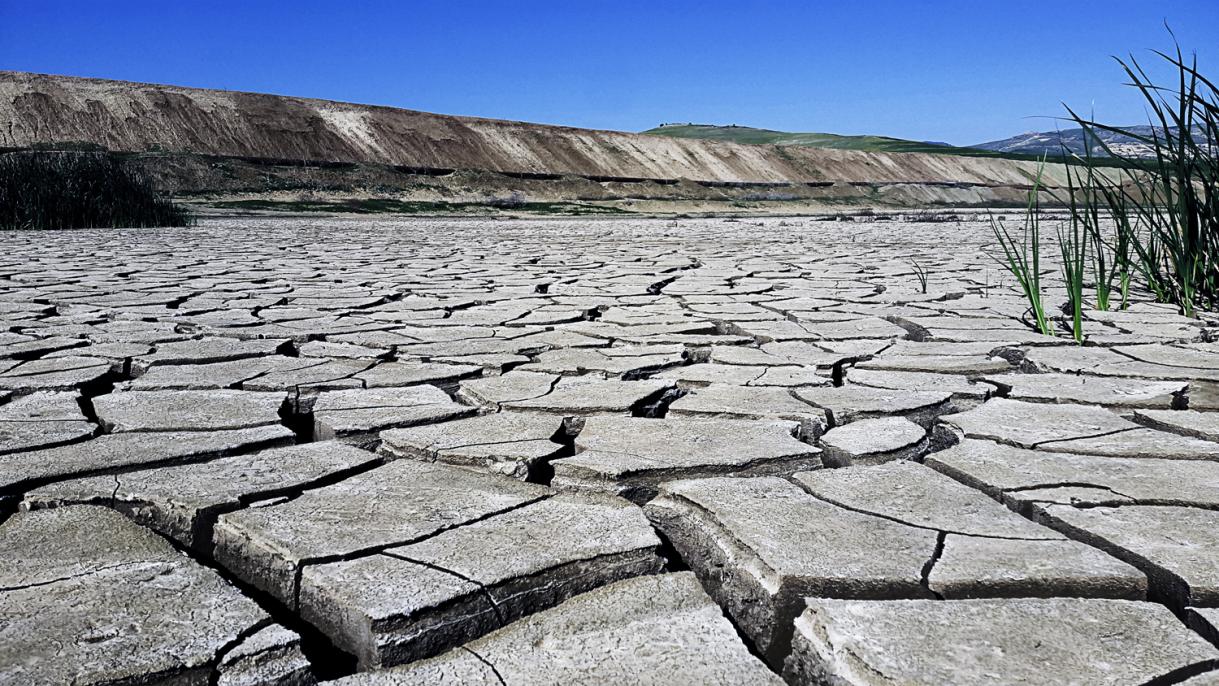
Hydrosami - wikimedia commons - CC BY-SA 4.0
"A natural disaster is like a virus"
Epidemiologist Debarati Guha-Sapir gives insights, how data analysis can help to adapt to extreme weather events and even prevent deaths.
Debarati Guha-Sapir is an epidemiologist and health researcher. She grew up in Calcutta, where she witnessed how people suffered from heat waves and floods. Today she heads the Research Centre for Disaster Epidemiology (CRED) at the University of Louvain in Brussels. She also maintains the EM-DAT database, an ongoing archive of natural disasters of all kinds. Benjamin von Brackel talked to Guha-Sapir during the worskhop "Data Science for Human Wellbeing" at the Herrenhausen Conference "Extreme Events – Building Climate Resilient Socities" (Hannover, October 2019).
Mrs. Guha-Sapir, you are a trained epidemiologist. How did you come to investigate natural disasters?
Debarati Guha-Sapir: A colleague in Brussels convinced me that, as an epidemiologist, I had precisely the right tools to analyze natural disasters. Such events unfold in the same way as a virus. When a virus breaks out, it affects people in different ways. So we are investigating why some people get sick and others do not, even though they are exposed to the same virus. I then looked at earthquakes and tsunamis, floods and hurricanes in the same way: Which people suffer first, which after some delay, and which not at all? Later on we also looked at heat waves.
Europe, too, has been experiencing deadly heat waves for some time now. How can data help us adapt to them?
With the help of the data, we can understand which parameters of a natural disaster are likely to pose a risk. In epidemiology, too, everything revolves around this question: How can we identify the risk? For example, we studied the heat wave which hit the Netherlands and Belgium in 2006, killing almost 1000 people. We wanted to find out more about the people who died and looked in detail at the profile of heat-related deaths. It turned out that that almost half of the cases were premature deaths. These are people who died well before their life expectancy, for example, people under the age of 65. That was a crucial discovery.
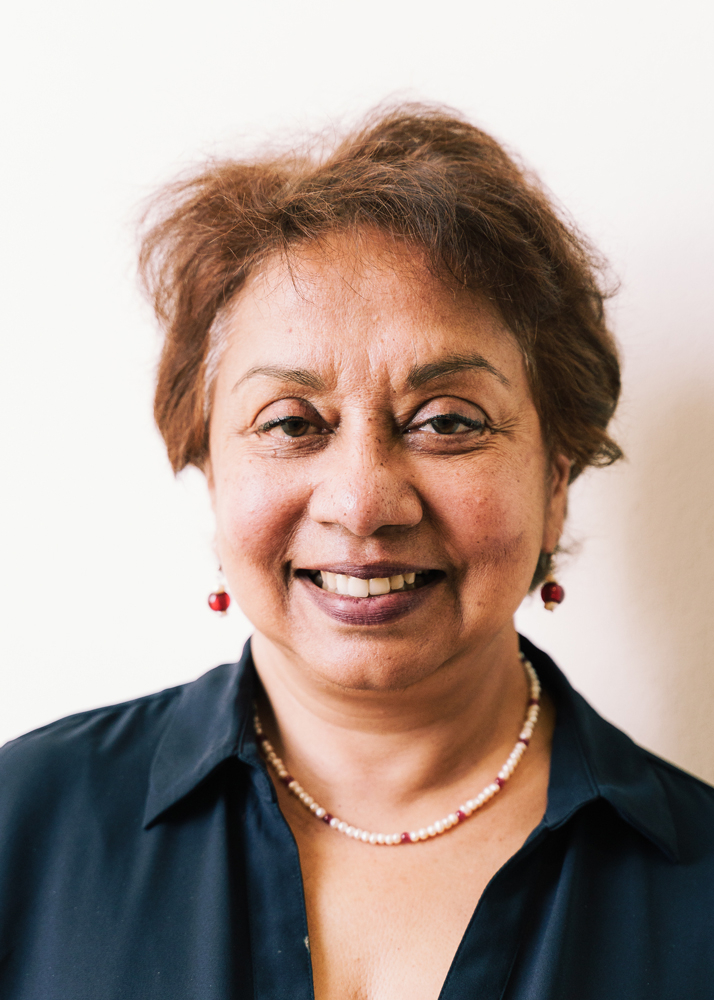
Debarati Guha-Sapir heads the Research Centre for Disaster Epidemiology (CRED) at the University of Louvain in Brussels.
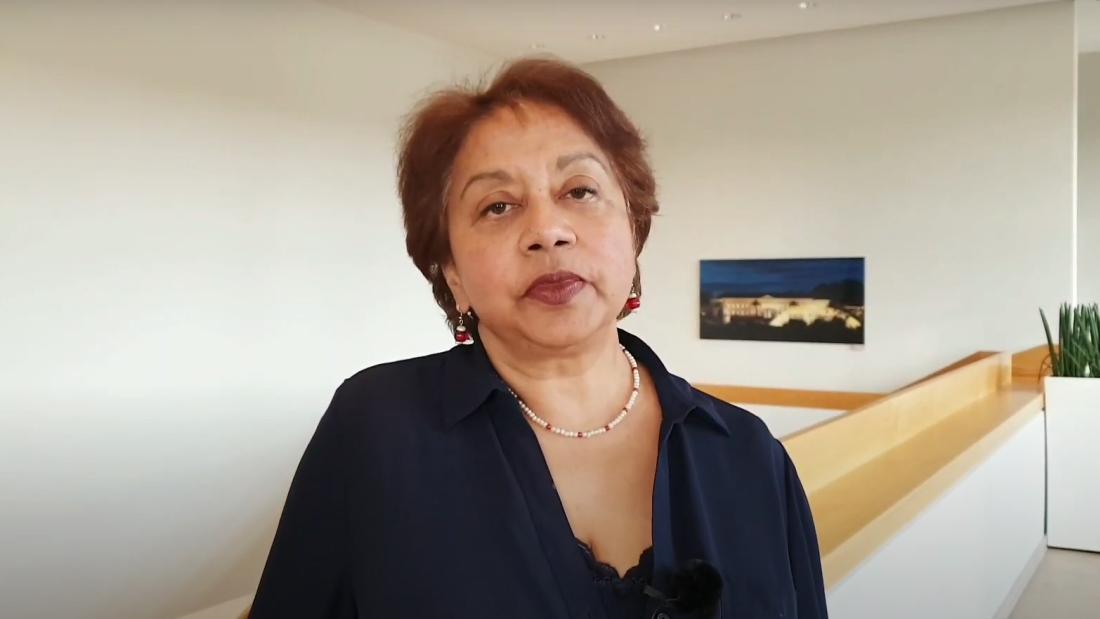
Why?
In the normal run of things, older people over the age of 55 suffer the most from a heat wave because they dehydrate more quickly and their heart can no longer keep up. But when people under 55 die, we speak of “premature deaths”. At that age, they should not actually die from the heat – especially not in highly developed countries like France, Belgium or Germany.
So what was the cause?
We found that the premature deaths had to do with behavioral patterns that lead to higher risk. And there’s not much we can do about that. A significant number of “younger” people died as a result of physical exertion combined with the heat: For example, while cycling. Many also go to the swimming pool because they think they can cool down there. But this is not true, because the body temperature also continues to rise when in the water.
Can data really make a difference?
Data provides the evidence on the basis of which politicians reach their decisions. And in the case of heat waves, it is not enough just to refer to meteorologists who detect a deviation from normal temperature. We must also explain how heat waves affect people in concrete terms. That heat is indeed a cause of illness and death. However, it was not so easy to prove this.
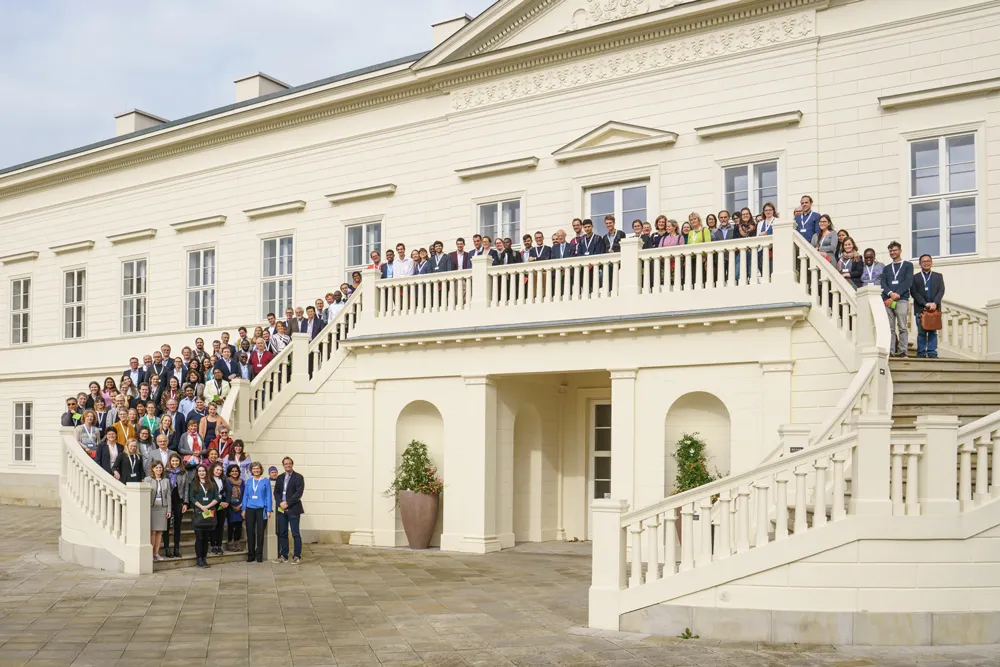
130 researchers from 30 countries took part in the conference in Herrenhausen Palace.
Why not?
The death certificate never says "death by cause of heat": Instead, doctors refer to a "heart attack" or "shortness of breath". So we had to search through huge amounts of data to find significant associations. When it became clear how many people had died as a result of the 2003 heat wave, enormous pressure was put on politicians to act.
What's changed?
Countries like Germany and Belgium have developed very good heat plans. When temperatures rise above 35 degrees Celsius, for instance, our university distributes free water and allows students to go home: little things. The problem is the implementation.
In what way?
What is actually needed is accountability: Anyone who does not implement the heat plan must be held accountable. Climate researchers are already predicting another heat wave for northern Germany next summer – but nobody is preparing for it. What it really needs is for all hospitals, old people's homes and kindergartens to be informed right now, so that they can prepare appropriate measures in advance of the actual event. These are the places where the problems are most serious.

The workshop left room for group discussions.
So following the heat wave of 2006 the authorities changed things, with the result that significantly fewer people died in the recent heat waves?
Yes, we are going in the right direction. But in the 21st century Europe, no premature deaths at all should be caused by a heat wave. Not with the money and the institutions we have. There can be no excuse for a 35-year-old dying because of a few hot days once in a while.

